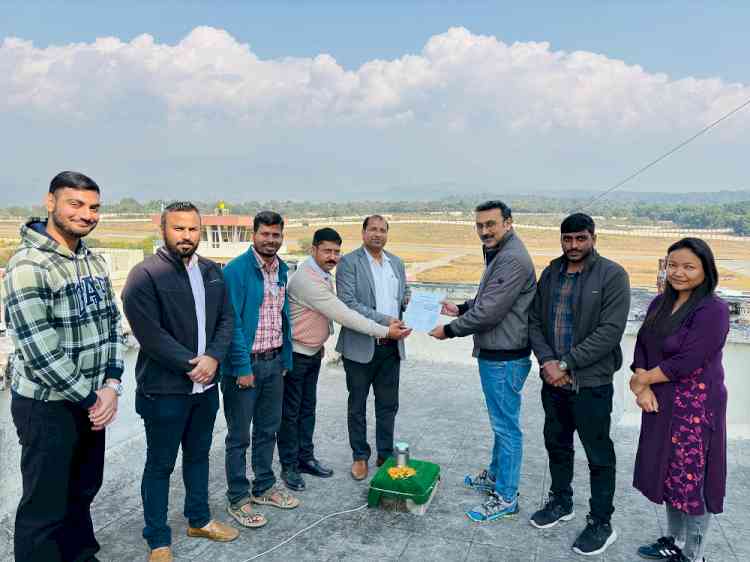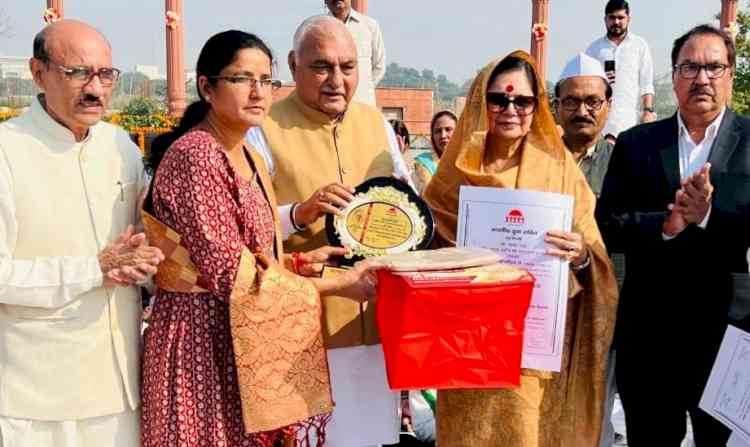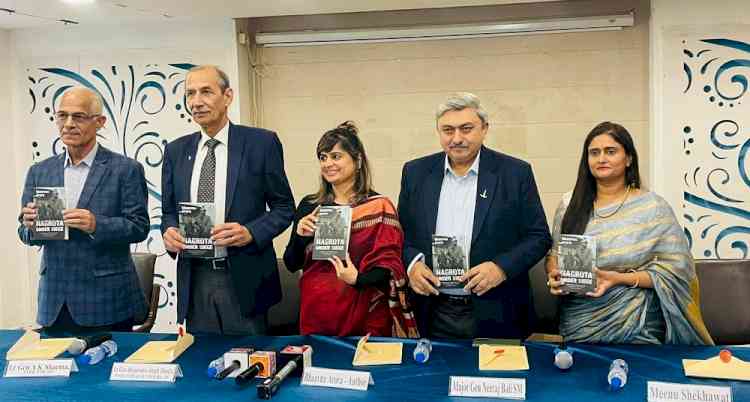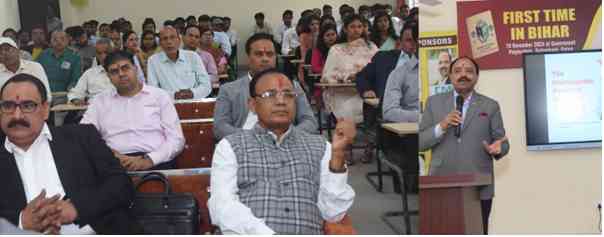Transition Of Power: New leadership emerges in Rajasthan, Madhya Pradesh and Chhattisgarh
Despite initial projections of a closely contested race in the Pre-Poll Assembly Elections, the BJP's fortunes took a decisive turn in its favour post the State Assembly Elections, particularly in Madhya Pradesh, Rajasthan, and Chhattisgarh. The party even saw an increase in its seat count in Telangana. The State Assembly Election results now strongly foreshadow the likely outcome of the Parliament Elections in 2024. Following victories in the three states, the BJP, signaling a change, ushered in new Chief Ministers to replace the old guard.

Despite initial projections of a closely contested race in the Pre-Poll Assembly Elections, the BJP's fortunes took a decisive turn in its favour post the State Assembly Elections, particularly in Madhya Pradesh, Rajasthan, and Chhattisgarh. The party even saw an increase in its seat count in Telangana. The State Assembly Election results now strongly foreshadow the likely outcome of the Parliament Elections in 2024. Following victories in the three states, the BJP, signaling a change, ushered in new Chief Ministers to replace the old guard.
In Madhya Pradesh, Mohan Yadav assumed the role of Chief Minister, succeeding former Chief Minister Shivraj Singh Chouhan. In Rajasthan, Bhajan Lal Sharma replaced Vasundhara Raje as Chief Minister, while in Chhattisgarh, Vishnu Deo Sai took over from Raman Singh. The surprising appointment of entirely new faces reflects the BJP's confidence in its senior leadership and organisational prowess as the party gears up for the upcoming Parliament Elections in 2024.
Prime Minister Narendra Modi and Union Home Minister Amit Shah have showcased their political acumen, with Modi's vigorous campaigning in the three states propelling the BJP into a dominant position. Political analysts widely consider the State Assembly Elections as a prelude to the 2024 Parliament Elections, and the BJP has undoubtedly exceeded expectations, positioning itself favorably for a third consecutive term in power. Since assuming office in 2014, Prime Minister Modi has steered India's economy from the 10th to the 5th position globally during his second term. His vision for the next term aims at securing the 3rd position globally, with initiatives like "Make in India" driving India toward becoming a "Vishwa Guru" and a developed nation. The Indian stock market index reflects this positive trajectory.
In the aftermath of the Farmers' Agitation, the BJP is contesting elections independently in Punjab, including the upcoming Assembly Elections and the Sangrur and Jalandhar Parliament By-Elections. The party is actively working to expand its rural base, and success in this endeavour could exceed expectations. With senior leaders like State BJP Chief Sunil Kumar Jakhar, Manoranjan Kalia, Avinash Rai Khanna, Tikshan Sud, Ashwani Sharma, Prof Laxmikanta Chawla, Som Parkash, and Vijay Sampla, the BJP has a formidable lineup that could outperform expectations if given parliamentary tickets in Punjab. The likelihood of forming alliances with regional parties in Punjab seems to be diminishing, and the BJP might contest the elections independently. Narendra Modi's familiarity with Punjab's demographic conditions, gained during his tenure overseeing Punjab's political affairs, adds to the party's strategic advantage.
Post the Assembly Election results, leaders of opposition political parties find themselves in a quandary regarding whether to form an alliance with the BJP or not. In the realm of politics, everything seems fair game to secure victory in elections.
Authored by:
Rajat Kumar Mohindru,
Journalist,
Jalandhar City.


 Rajat Kumar
Rajat Kumar 













